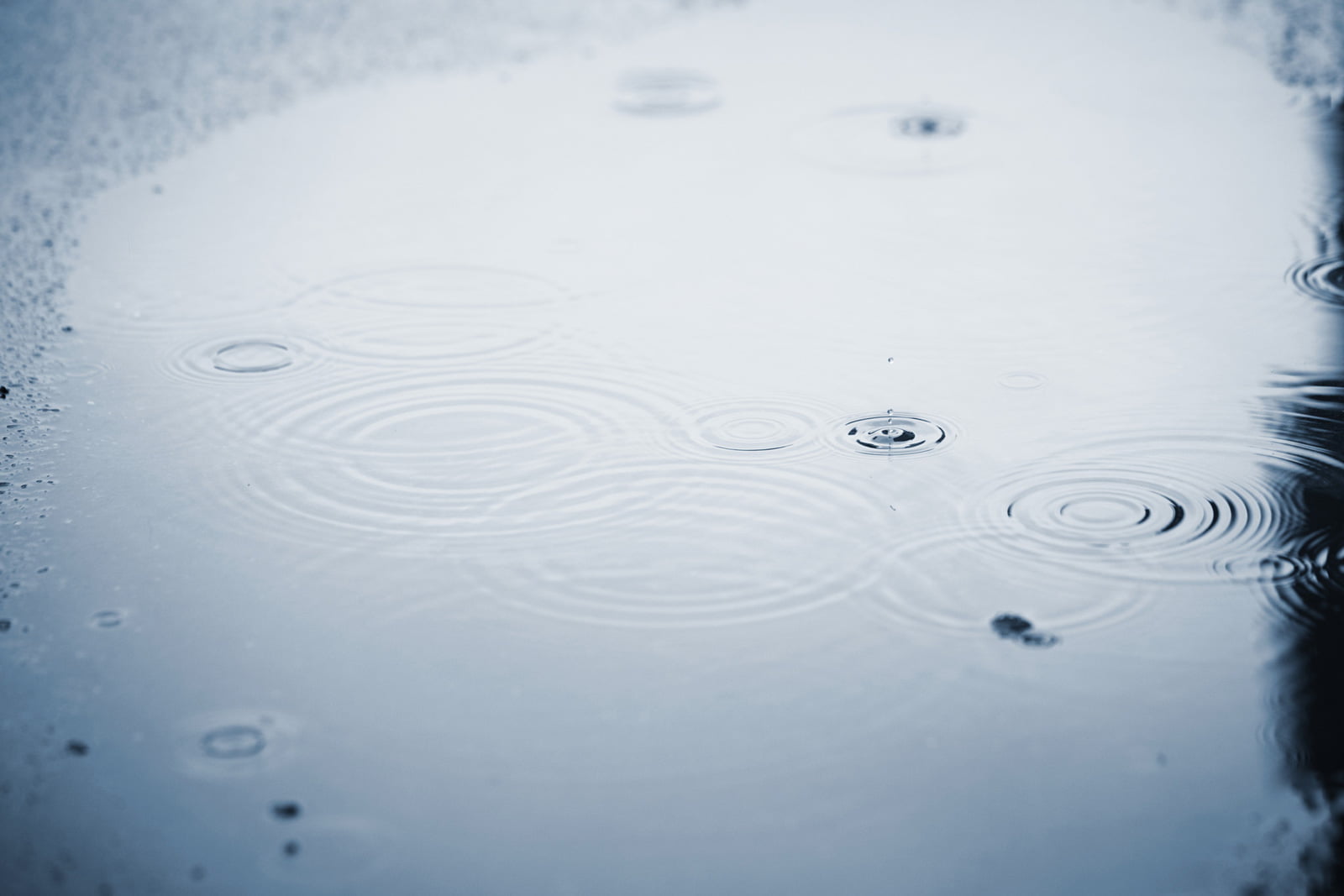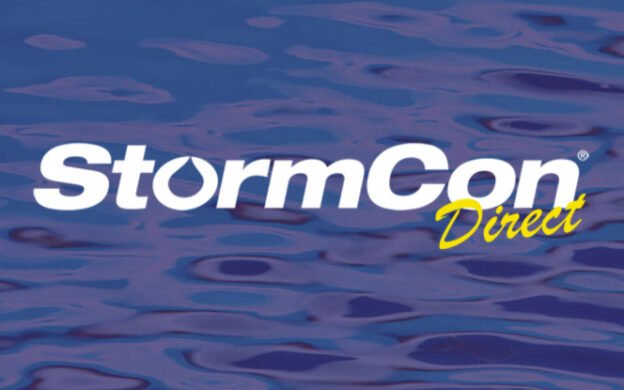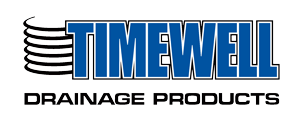Originally presented at StormCon 2023. Purchase all 28 sessions here.
Pre-production plastic pellets are a form of microplastic pollution commonly found in aquatic environments globally. As the feedstock used to manufacture plastic goods, plastic pellets often comprise a complex chemical mixture, including some chemicals deemed toxic. Given their small size (2-5 mm), plastic pellets are easily and often lost during routine operations. Land-based leakage from facilities that handle plastic pellets commonly occurs when they are swept off the land and into stormwater drains during storm events, whereby direct release into local waterways is probable. Once in the environment, plastic pellets, like other forms of microplastic pollution, can threaten both ecosystem and human health. In 2019, researchers from the University of Toronto quantified and characterized plastic pellets in Mimico Creek, a tributary of Lake Ontario, in Toronto, Canada. They observed an increase in plastic pellets in the creek during storm events, indicating that stormwater was a local pathway of plastic pellet leakage into the environment. Partnering with EnviroPod International and the Chemistry Industry Association of Canada, the research team traveled upstream to share their findings with plastic manufacturers in the watershed. In 2020, one plastic container manufacturer within the watershed was retrofitted with an innovative catch basin inset designed to capture plastic pellets before they enter the stormwater system. The research team monitored the site for eight months, quantifying plastic pellets captured in the catch basin insert. As part of this stage, a sampling and analysis method was developed for this unique stormwater contaminant. In 2022, the project was expanded to a neighboring watershed to assess the variances in plastic pellet loss across five plastics manufacturers and explore the downstream benefits of implementing stormwater controls. Raising awareness of plastic pollution and pre-production plastic pellet loss has recently seen the drafting of federal and state regulations to address the issue. For example, in 2022, the Plastic Pellet Free Waters Act was introduced in the House of Representatives. This legislation will prohibit certain discharges of plastic pellets and other pre-production plastic materials into the waters of the United States, requiring plastic pellet loss to be addressed in industrial stormwater management plans. This presentation will review the methodology and results of Operation Sweep the Creek and compare the results with other similar studies in Texas and New Zealand. The presentation will further discuss management initiatives for plastic pellets as an emerging stormwater contaminant of concern.
About the Presenters
Eden Hataley is a PhD student in the Department of Physical and Environmental Sciences at the University of Toronto Scarborough (Ontario, Canada) studying plastic pollution policy and management in the Great Lakes region. She is also a member of the pELAstics Project. Eden received her undergraduate degree in environmental chemistry and master’s degree in environmental studies from Queen’s University where she investigated the potential role of microplastics in influencing the environmental fate of waterborne toxins produced by cyanobacteria.
Mike Hannah was the 2021 Water New Zealand Stormwater Professional of the Year. With 30 years of experience as a stormwater management and green infrastructure practitioner Mike Hannah is co-founder and Technical Director of Enviropod International, which is stormwater technology provider which specializes in at-source management of stormwater Mike’s ongoing commitment to stormwater management sees him in regular attendance at international stormwater conferences, and he is delighted to return to StormCon after representing in 2005.






